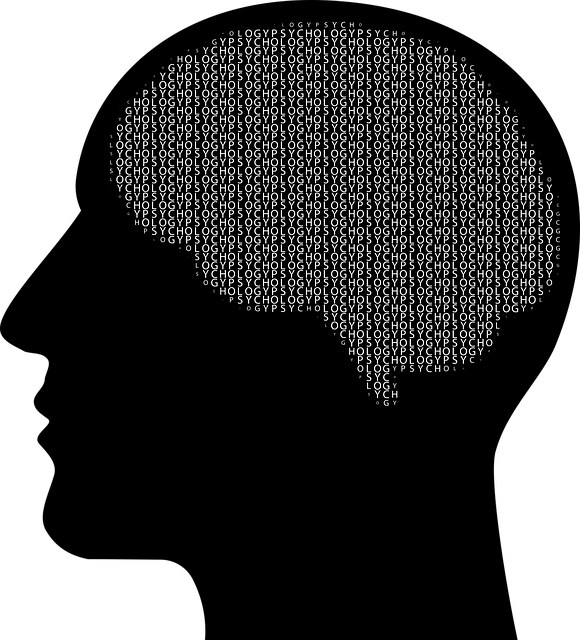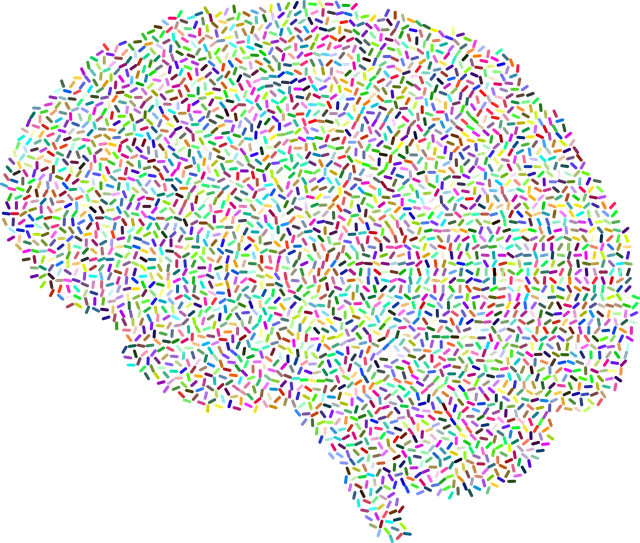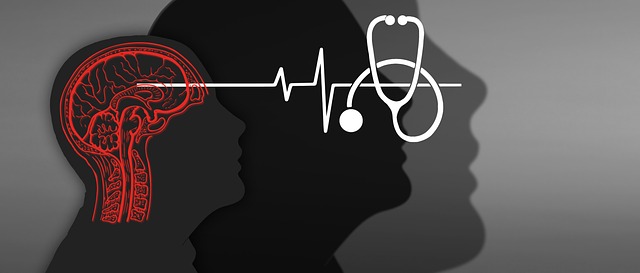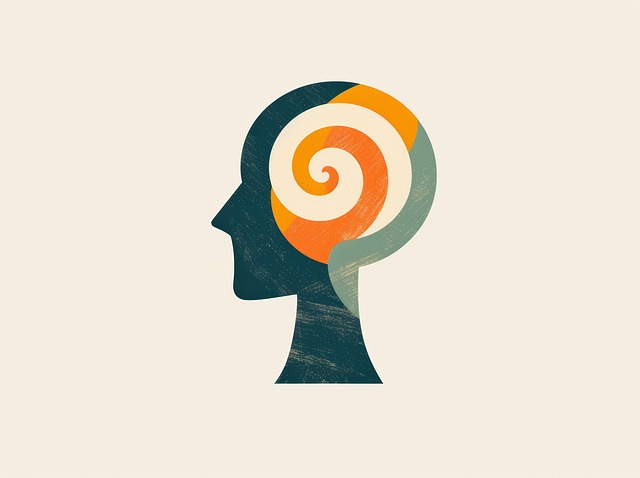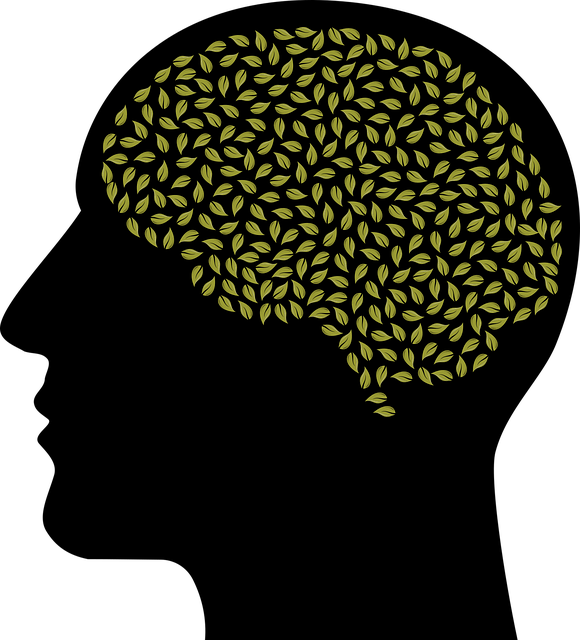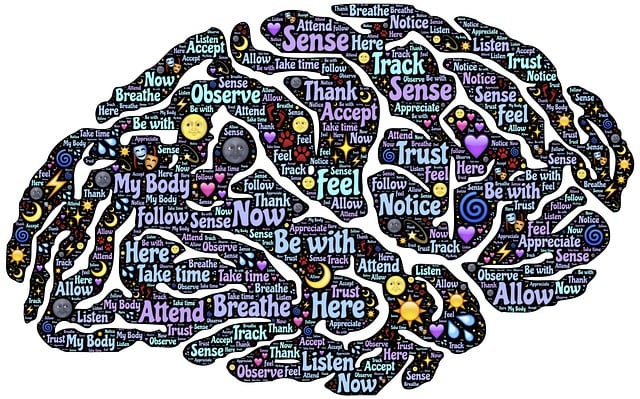Northglenn Cognitive Processing Therapy (NCPT) is an evidence-based mental health approach targeting negative thought patterns contributing to mood disorders. Through workshops, self-reflection, and journaling, individuals learn effective stress management, Socratic questioning, and reframing to challenge distorted thinking. Combining NCPT with Mind Over Matter principles, Mental Wellness Coaching, physical activity, mindfulness, and Trauma Support Services empowers people to regulate moods, navigate challenges, and maintain long-term emotional stability.
Mood regulation is a vital skill, and with the help of evidence-based practices like Northglenn Cognitive Processing Therapy (NCPT), individuals can gain significant control over their emotional well-being. This article explores effective mood regulation strategies, offering a comprehensive guide for daily life and long-term balance. We delve into NCPT’s role in understanding cognitive processes, providing practical steps to manage moods, and integrating therapy techniques for sustained emotional stability.
- Understanding Mood Regulation: The Role of Northglenn Cognitive Processing Therapy
- Practical Strategies for Daily Life: A Step-by-Step Guide
- Integrating Therapy Techniques: Sustaining Mood Balance Long-Term
Understanding Mood Regulation: The Role of Northglenn Cognitive Processing Therapy

Understanding Mood Regulation: The Role of Northglenn Cognitive Processing Therapy (NCPT) is a crucial aspect of mental health awareness and well-being. NCPT, developed by experts in the field, focuses on identifying and modifying negative thought patterns and behaviors that contribute to mood disorders. By employing evidence-based techniques, this therapy empowers individuals to take control of their emotional states.
Through NCPT, participants learn effective stress management workshops that teach them to challenge distorted thinking and replace it with more realistic, positive thoughts. This cognitive restructuring approach is designed to help individuals navigate through life’s challenges, fostering a deeper understanding of Mind Over Matter principles. By attending these sessions, one can develop resilience, enhance coping mechanisms, and ultimately, regulate moods more effectively.
Practical Strategies for Daily Life: A Step-by-Step Guide

In daily life, effectively managing moods can significantly enhance overall well-being. For individuals seeking practical strategies, Northglenn Cognitive Processing Therapy (NCPT) offers a structured approach. Start by identifying triggers and negative thought patterns through self-reflection and journaling. This awareness is key to disrupting unhelpful cognitive processes. Next, challenge these thoughts using evidence-based techniques like Socratic questioning and reframing, replacing negative narratives with more balanced perspectives.
Engage in regular physical activity, practice mindfulness through deep breathing or meditation, and prioritize quality sleep for emotional regulation. Incorporate compassion cultivation practices into your routine to foster self-kindness and reduce reactivity. For those with a history of trauma, consider Trauma Support Services to access specialized care. Additionally, develop effective risk management planning with the guidance of mental health professionals, ensuring proactive strategies are in place to navigate challenging situations.
Integrating Therapy Techniques: Sustaining Mood Balance Long-Term

Maintaining long-term mood balance requires a sustained commitment to mental wellness. Integrating therapeutic techniques from Northglenn Cognitive Processing Therapy (CPT) offers a powerful approach. CPT focuses on identifying and changing negative thought patterns, which in turn influences emotions and behaviors. By learning to process and reframe thoughts, individuals can develop resilience against fluctuations in mood.
This holistic strategy complements Mind Over Matter principles, promoting self-awareness and coping mechanisms for Depression Prevention. Mental Wellness Coaching Programs Development further enhances these efforts by providing personalized guidance and accountability. Through regular practice, individuals equipped with CPT techniques can foster mental agility, ensuring they navigate life’s challenges with a balanced mindset, thereby sustaining their overall mental wellness.
In conclusion, managing one’s mood effectively is a powerful tool for enhancing overall well-being. By combining insights from Northglenn Cognitive Processing Therapy with practical strategies, individuals can achieve long-term mood balance. Integrating therapy techniques into daily routines enables folks to navigate life’s challenges with resilience and grace, fostering a deeper sense of stability and contentment.



